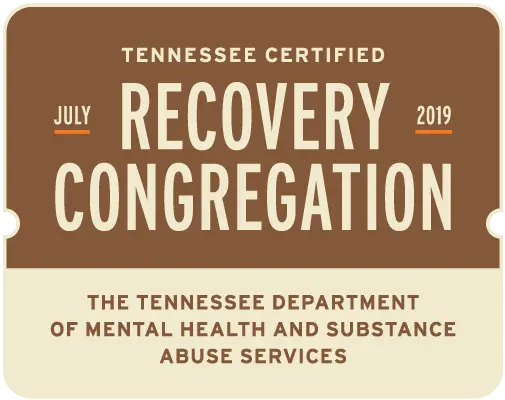Addiction comes in many forms: overeating, gambling, and sex to name a few. The type of addiction we most often hear of others going to professionals to quit is alcohol and drugs. Some of the most commonly abused substances include cannabis, alcohol, stimulants, and opioids or opiates. That is not to say that other drugs do not become problematic for many individuals.
Most people have heard of cannabis or weed. We know it as the “gateway drug.” THC is the chemical in cannabis that gets an individual high. It comes in many forms, such as hashish, resin, hash oil, and dried leaves with stems, seeds, and flowers. Some people mix it into food or drinks. Others smoke marijuana.
Alcohol is legal to those over age 21 with a valid ID. We see it in most places we go to. Many medications have negative interactions with alcohol. This substance has many effects on the body. Typically, this substance is taken orally.
 Speed, Uppers, and Vitamin R: Have you heard these slang words before? They each represent alternative names for stimulants. Some common uppers include dextroamphetamine (which can be mixed with amphetamine as Adderall) and methylphenidate (Ritalin or Concerta). These drugs are often prescribed to individuals with ADHD, ADD, and narcolepsy, and their primary effect is increasing dopamine and norepinephrine. Short-term effects of stimulant use include higher blood pressure and heart rate, faster breathing, reduced flow of blood, high blood sugar, and nasal cavities dilating. Changes to heart rate, heart attack, failure of the heart muscle, and seizures can occur from high doses of these substances.
Speed, Uppers, and Vitamin R: Have you heard these slang words before? They each represent alternative names for stimulants. Some common uppers include dextroamphetamine (which can be mixed with amphetamine as Adderall) and methylphenidate (Ritalin or Concerta). These drugs are often prescribed to individuals with ADHD, ADD, and narcolepsy, and their primary effect is increasing dopamine and norepinephrine. Short-term effects of stimulant use include higher blood pressure and heart rate, faster breathing, reduced flow of blood, high blood sugar, and nasal cavities dilating. Changes to heart rate, heart attack, failure of the heart muscle, and seizures can occur from high doses of these substances.
Opiates include a variety of substances. Many of these include prescriptions, such as Lortab and OxyContin. Opium, morphine, and heroin also fall into this category. Opioids can be taken intravenously, nasally, or orally. Heroin itself has no commercial uses.
What are Signs that I May Have an Addiction to One of These Substances?
Substance use and drinking can be experimental in nature. In fact, that is often how it starts off. Then, misuse creeps in. Unfortunately, you can begin to exhibit signs of addiction quicker than you may think. Be on the lookout of signs of addiction, such as:
- You are partaking in substances in larger quantities, or over a longer time span than you originally planned on doing.
- You notice you have a major longing for the substance. You have had unsuccessful attempts to cut down use.
- A large amount of time is spent to obtain, engage in, and recover from the use of alcohol or drugs.
- You notice an overwhelming desire to use an identified substance. This use does not depend on if the situation is dangerous or not.
- The drinking or use interferes with education, occupation, home life, and/or interpersonal life. You may notice you have stopped cleaning the house, no longer cook meals, or do not you’re your children and other family members as much time as you used to. Maybe you even have been making excuses to get out of social events you used to enjoy. Your grades have dropped, or your work is suffering. Drinking or use may encourage legal problems and amplify psychological or physical difficulties.
- Tolerance becomes increased. You need more to feel the effects of drugs or alcohol. When you do not have the substance, you experience withdrawal symptoms.
- Getting high or drunk is no longer the reason you use. The purpose is instead to not feel “sick” from being without alcohol or drugs.
A Place to Support Your Cessation of Opioids, Stimulants, Cannabis, and Alcohol
Discovery Place in Burns, Tennessee believes in you! We are here to help you quit addictive substances and live your best life. Our alternative drug and alcohol rehab center is just a call away. Established in 1997, we have over 4,000 alumni. Call us today at 1-800-725-0922 and join the many who have benefited from a sober lifestyle.


